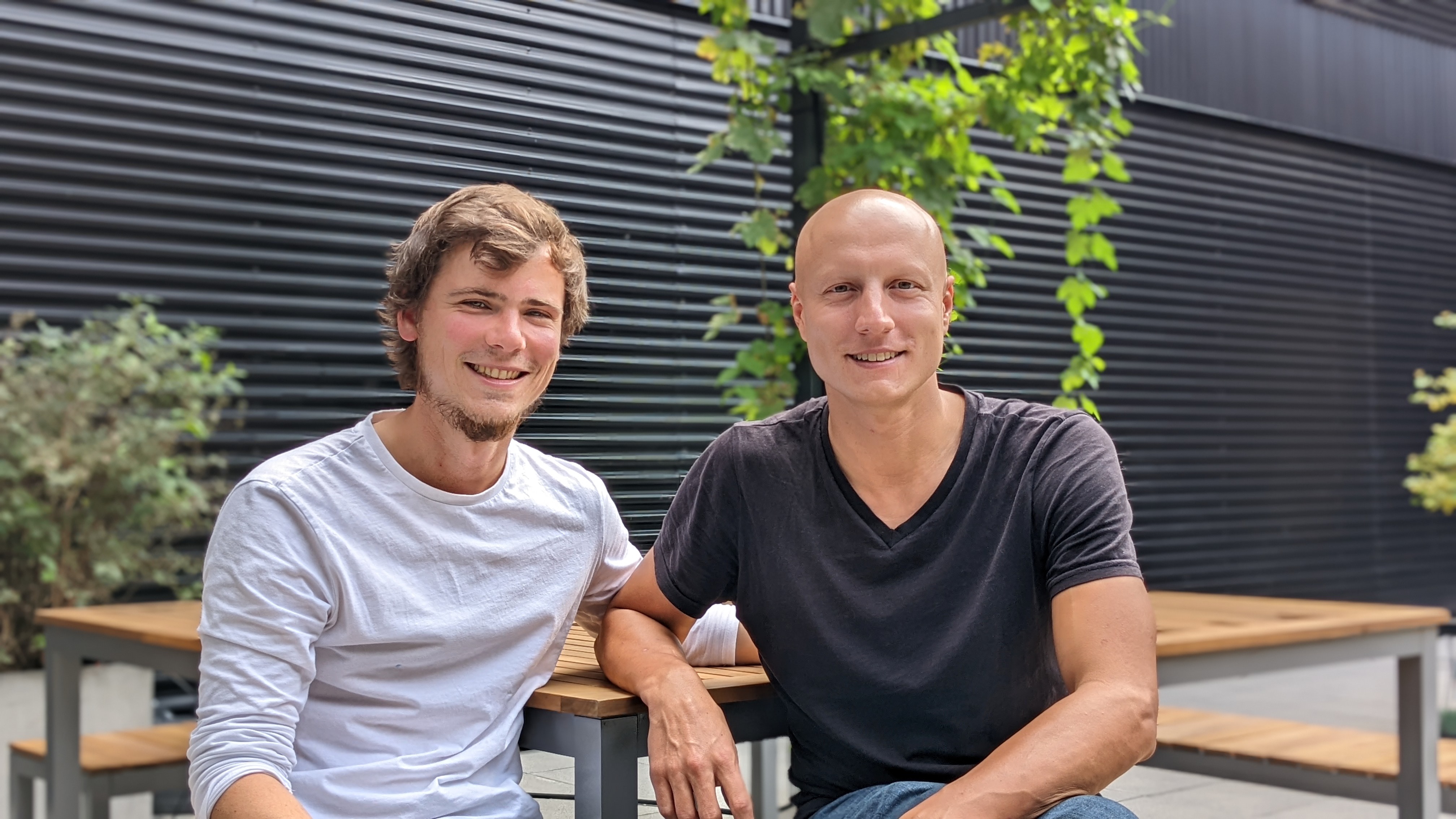News
Carbonfuture Announces Landmark 2025 Progress in Building a Scalable High-Integrity Durable CDR Market
Carbonfuture Announces Landmark 2025 Progress in Building a Scalable High-Integrity Durable CDR Market
Learn More
Catalyst
by
•
September 20, 2022

Niklas Kluger and Felix Harteneck love rock powder. Why? Because when applied to soil, it provides natural long-term release of up to 60 elements and trace minerals, rebalances pH, regenerates the soil, counteracts erosion and benefits the soil’s microbiology. It improves plant resilience while decreasing the need to use fertilizers, pesticides, and herbicides, which consequently promotes better yields, longer shelf life of produce, and more nutritious and flavorful foods. It is available in large quantities around the world, and above all, it has the potential to help mitigate climate change. When exposing rock powder to the soil environment and water, Enhanced Rock Weathering leads to the permanent sequestration of carbon, an effect that has stabilized the climate of our planet since its creation.

This year, the two founders turned their love for rocks into a business: The startup Inplanet uses Enhanced Rock Weathering to permanently sequester CO2 and regenerate tropical soils. After a pilot project in Brazil, the team has decided to build the first fully integrated platform to connect quarries, farmers, and the global carbon market. Developing tools for the accurate quantification, verification, and certification of carbon removal credits based on Enhanced Weathering technology is essential to ensure each carbon sink is properly documented. Additionally, the startup aims to empower tropical farmers to substitute limestone and conventional agro-chemicals with natural rock powders from local mines. Besides the two founders Dr. Philipp Sowboda and Dr. Elisabete Pedrosa are part of the core team, two leading scientists in the field of rock powder and Enhanced Weathering research.
The natural weathering of rock has sequestered most of the atmospheric dioxide throughout our planet's history. Through the grinding and spreading of rock powder on agricultural fields, this natural process is significantly accelerated. In the soil environment, minerals from the rock react with water and CO2. As part of this reaction cations like Ca+ or Mg2+ are liberated, serving as nutrients for the crops. At the same time, dissolved bicarbonate (HCO3-) occurs as the end product of this reaction. Through aquifers, water bodies and rivers, these bicarbonate molecules are slowly transported to the ocean where they precipitate as carbonates, sink to the ocean floor, and, in the form of sediments, lock away the sequestered carbon for millions of years.
However, a particular challenge with Enhanced Rock Weathering is accurately characterizing and measuring the weathering process and the amount of bicarbonates created and running off through water systems. This means this CDR approach needs to be paired with even stronger MRV (monitoring, reporting, and verification) approaches to reduce uncertainty. “Enhanced Weathering is a high-potential carbon removal technology with a range of co-benefits. But it comes with the challenge of reliably quantifying the CO2 sequestered after rock powder application on the field. Through Catalysts’ pre-purchase and the participation in this program, we get access to valuable resources to kickstart important pilot projects in Brazil and test novel MRV mechanisms”, says Niklas Kluger, COO and Co-Founder of Inplanet.
Niklas, who is currently living in Piracicaba, São Paulo, is responsible for building strategic partnerships and starting pilot projects in Brazil. As part of his daily routine, he visits mines and farmers to verify hypotheses and test different monitoring, reporting and verification protocols as well as to gain an understanding for the operations and logistics behind spreading rock powder on agricultural land. “I am motivated by my love for nature and our planet's precious resources, and I am eager to create awareness towards our ecosystems. I want to support farmers in the transition from an agriculture against nature, to an agriculture in collaboration with nature.”